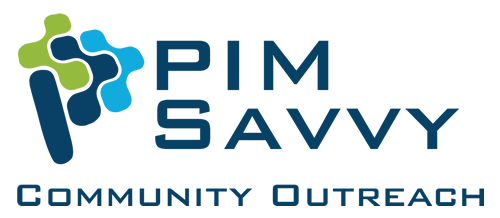Online Banking
Online banking is one of the most convenient and efficient ways to manage your finances in today’s digital age. It is a financial service that allows customers to access their bank accounts and conduct various transactions over the internet. Online banking services typically include account balance inquiry, fund transfers between accounts, bill payment, loan payments, and other financial transactions that can be done online. Online banking is typically accessed through a credit union’s website or mobile app and is secured using encryption and authentication methods to ensure the confidentiality and security of customer information.
Benefits of Online Banking
Convenience - With online banking, you can access your account information and perform transactions from the comfort of your own home, without ever having to visit a physical bank branch. This can be especially useful for those who live in rural areas or do not have easy access to a physical branch.
Control – Individuals can have self-serve control over their finances, real-time access to manage and move money and 24/7 availability. Some credit unions and banks are also offering an increasing range of features such as automated savings tools and push notifications for alerts to make it more convenient for the customer.
Enhanced Security - Online banking typically uses advanced security measures to protect customers’ personal and financial information. This includes multi-factor authentication, encryption, and secure servers. It can also be easier to detect and report any suspicious activity on your account.
Paperless Transactions - Online banking allows customers to perform paperless transactions like e-check deposits, e-signatures, and online bill payments. This reduces the need for physical documents and helps to protect the environment.
Access to online financial tools - Online banking platforms often have a range of online financial tools such as budgeting calculators, investment advice, and retirement planning tools.
To utilize online banking effectively, consumers should keep their device secure by using strong passwords and keeping them up to date with the latest security updates. They should also be cautious of phishing scams and never share personal information or login credentials through email or text message. Reviewing account statements and transaction history regularly is also important to ensure that there are no unauthorized transactions. Two-factor authentication (2FA) is another security measure that can be used, as well as using online banking services provided by known and reputable credit unions and banks. Lastly, consumers should also ensure that they are using a secure network when accessing their virtual banking account and avoid public Wi-Fi.
Virtual Banking
Virtual banking has also become increasingly popular as a result of the COVID-19 pandemic. It refers to a type of banking service that operates entirely through digital channels without any physical branches. They may be owned and operated by traditional banks, fintech companies, or other financial institutions. Virtual banks are purely online institutions that offer a range of financial services, including opening accounts, depositing and withdrawing funds, applying for loans, paying bills, and managing investments. These services are accessible through online and mobile platforms just like the typical online banking systems, using digital technologies to provide a fast and convenient banking experience, with low fees and competitive interest rates.
Virtual banking also has an online banking platform that shares many of the same benefits as traditional financial institutions’ online banking systems, as they both allow consumers to access their bank accounts and perform transactions online, from anywhere and at any time. It also offers the convenience of being able to manage one’s finances from the comfort of one’s home or on-the-go, allowing consumers to easily check account balances, transfer funds, pay bills, deposit checks, and even apply for a loan remotely. Additionally, it typically offers a high level of security, with advanced encryption and two-factor authentication used to protect sensitive information.
In conclusion, online banking for both traditional and virtual financial institutions offer a range of benefits for consumers. With the convenience of being able to manage your finances from anywhere, at any time, and the added security features, online banking is the perfect solution for today’s fast-paced lifestyle. So, sign up for online banking today at your credit union or bank or start to take more advantage of its convenient features and offers. With online banking, you’ll have more time to focus on the things that matter most to you while still being in control of your finances.

